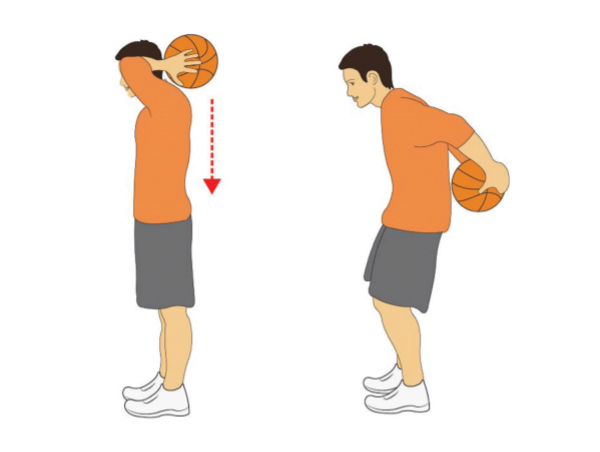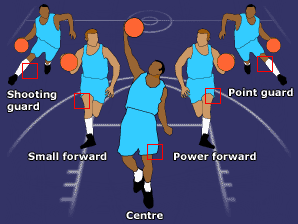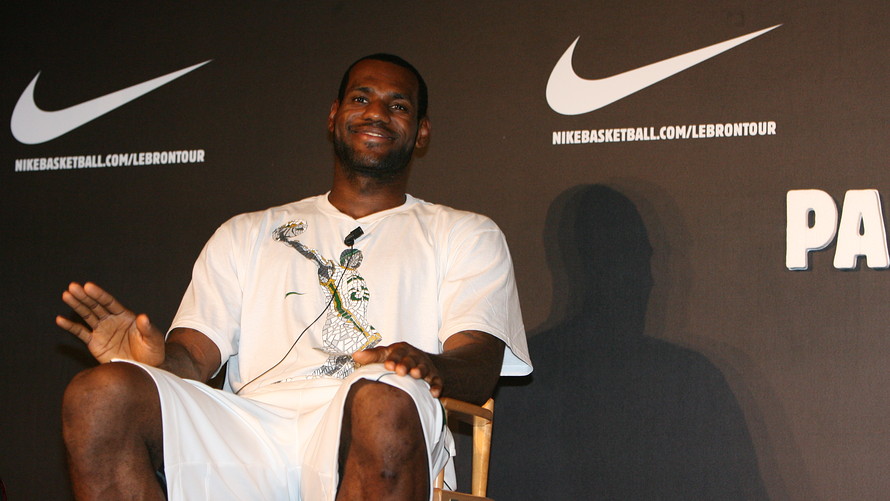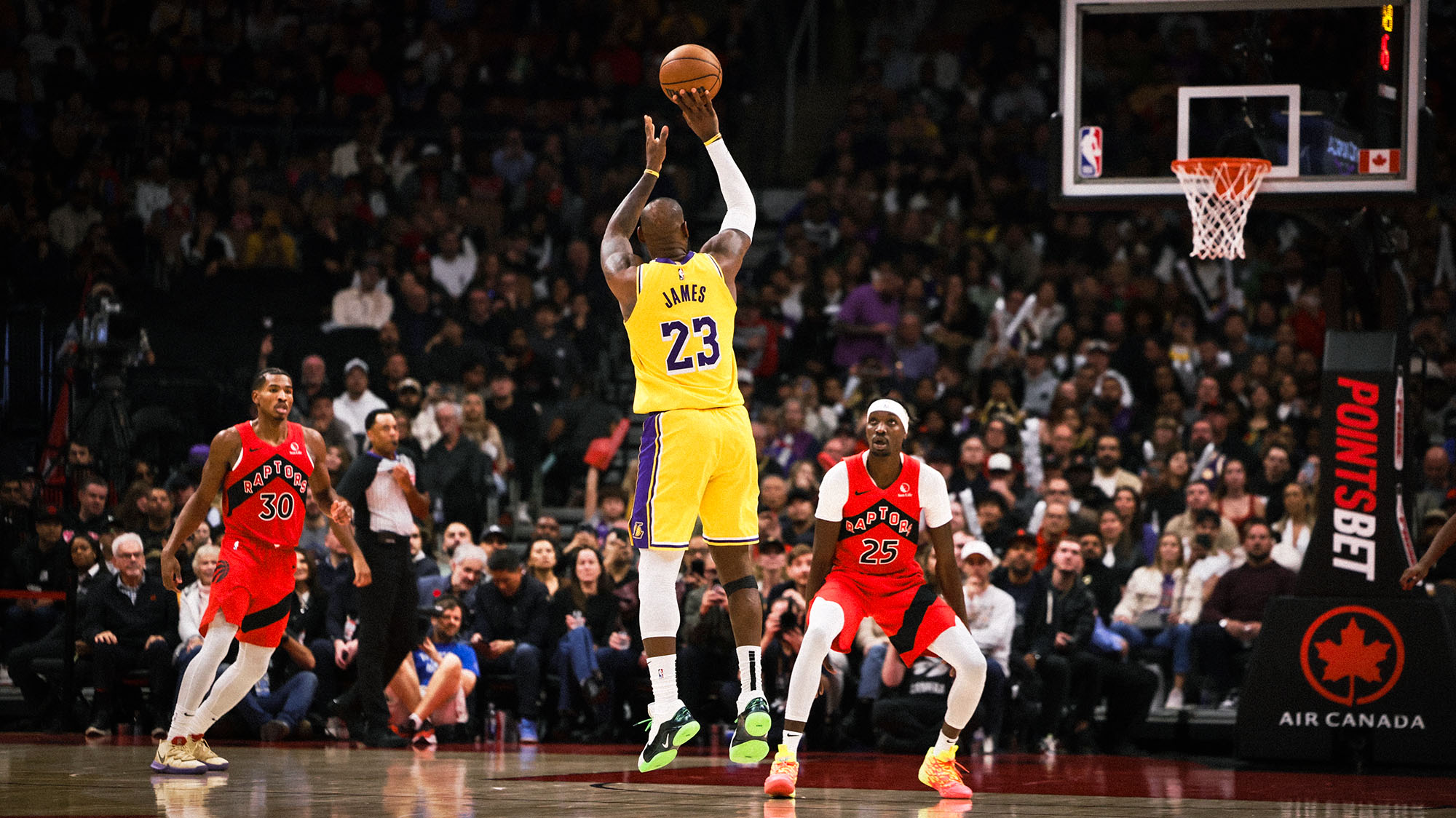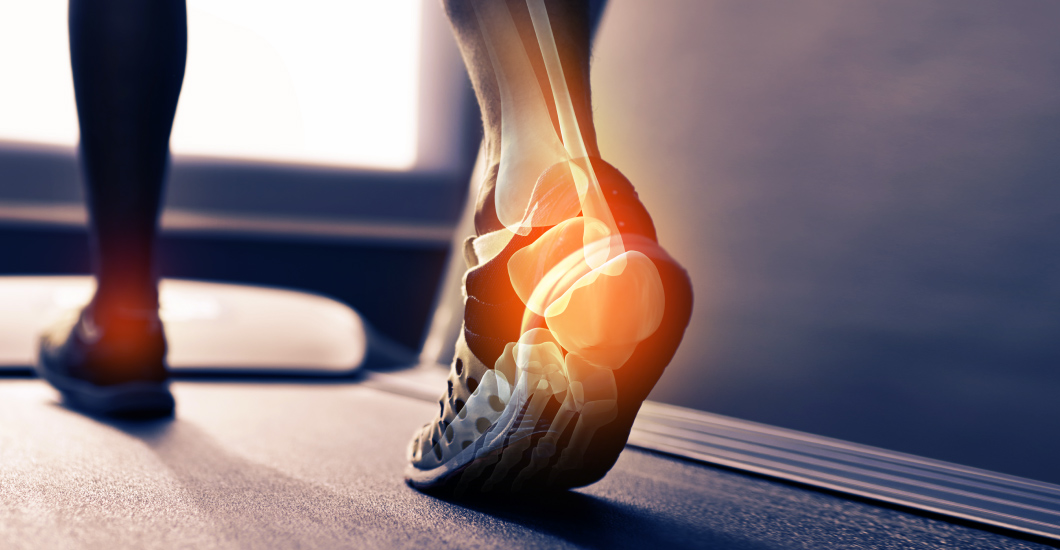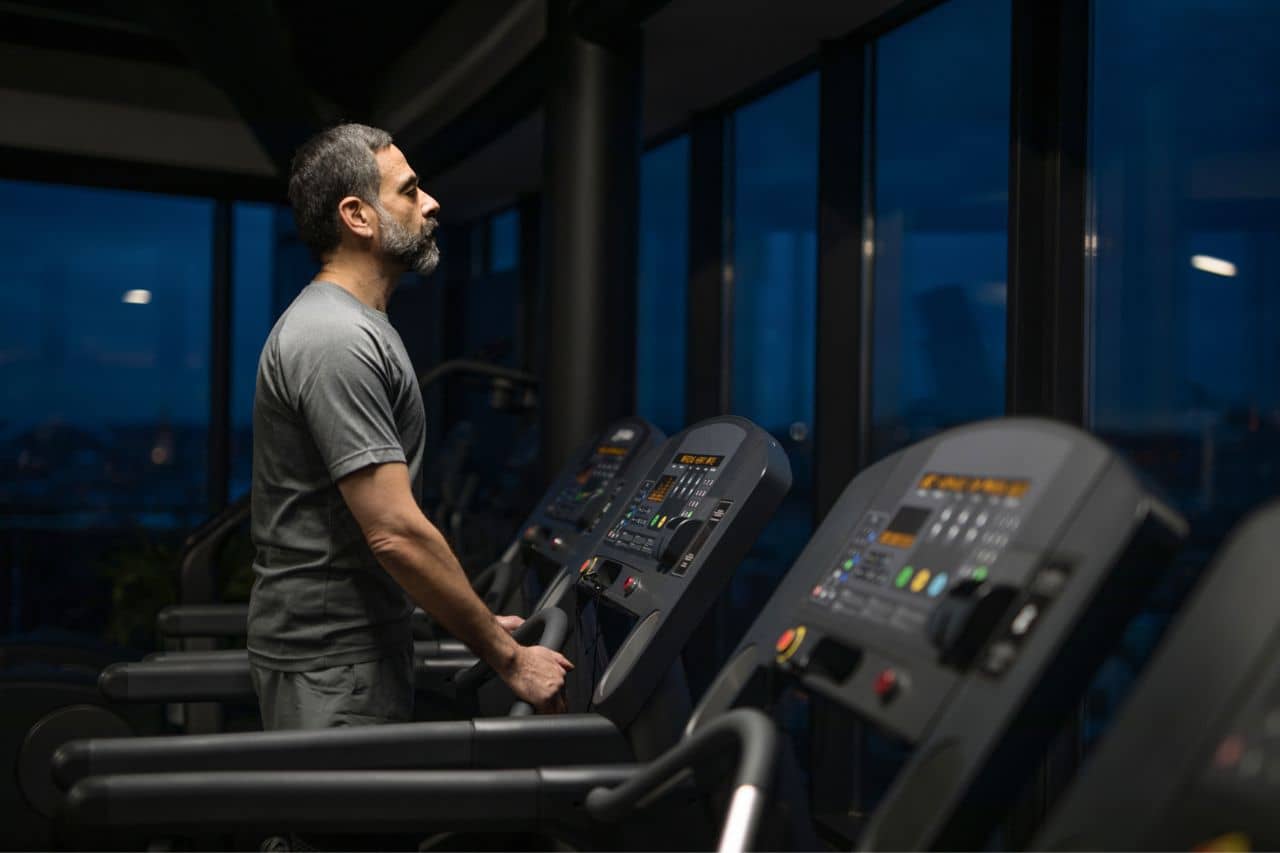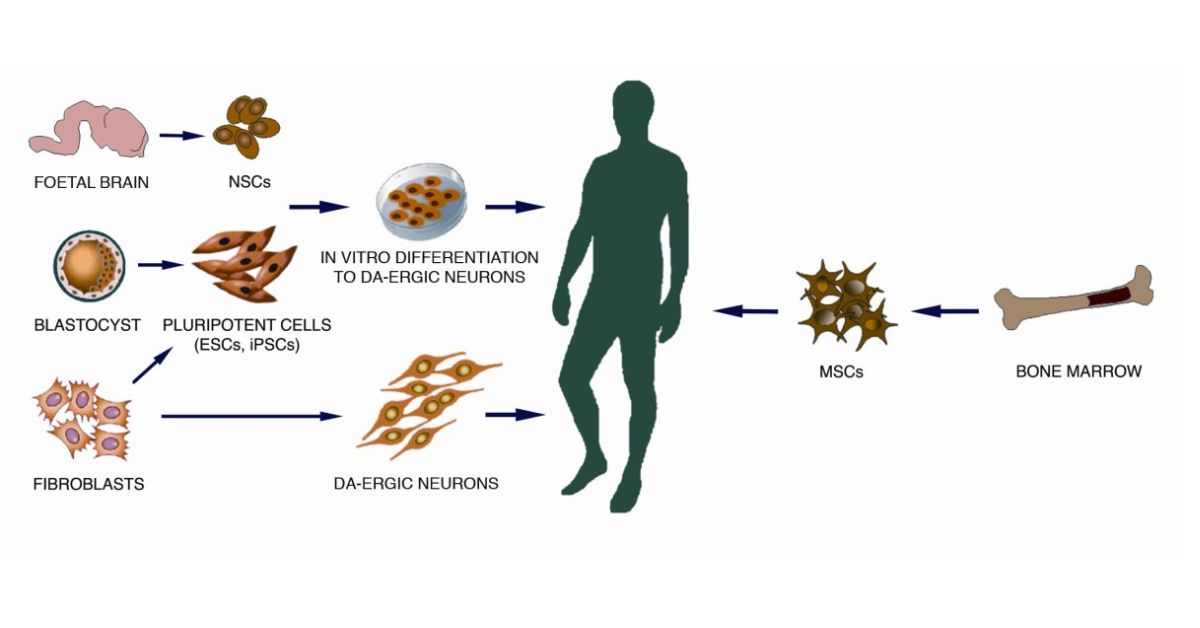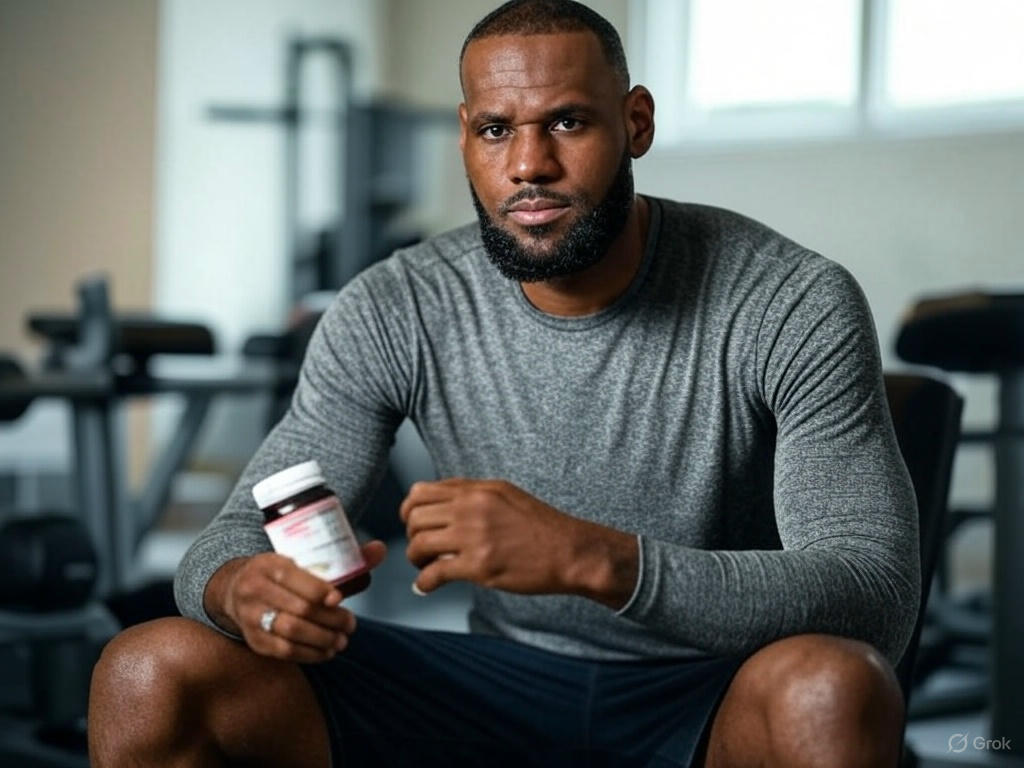Many of us lead busy lives, often leaving workouts as the last thing on the day’s agenda. But does squeezing in a late-night gym session affect your muscle growth and recovery? This topic has sparked debate among fitness enthusiasts and professionals alike.
If you’re a night owl who thrives on breaking a sweat after sunset, you might wonder whether your workout timing supports or hinders your fitness goals. In this blog, we’ll explore common beliefs, scientific research, and expert insights to answer this question. We’ll also provide practical tips to help you make the most out of nighttime workouts.
Common Beliefs About Nighttime Workouts
The idea of working out at night can either sound like the perfect de-stressor after a long day or a recipe for sleepless nights. Here are a few widespread opinions on the topic:
- Night Workouts Disrupt Sleep: Many believe that exercising at night can leave you feeling too energized, making it harder to wind down for sleep. Since sleep is critical for muscle recovery, this can be seen as a negative for nighttime fitness.
Morning is Best for Gains: A longstanding fitness myth suggests that early-morning workouts are prime for maximizing energy levels and metabolic benefits. Some think that evening sessions don’t match the gains you can achieve earlier in the day.
- – Metabolism Slows at Night: Some people subscribe to the idea that your metabolism slows as the day progresses, potentially making evening workouts less effective for fat loss and caloric burn.
But are these points fact or fiction? Let’s turn to the research.
What Science Says About Night Workouts and Muscle Growth
When it comes to muscle growth and recovery, workout timing is less about when you exercise and more about how you exercise. Here’s what the research tells us:
1. Muscle Growth is More About Consistency, Not Timing
Studies suggest that muscle growth, or hypertrophy, depends primarily on progressive overload, proper nutrition, and adequate recovery rather than the time of day you work out. A consistent training schedule that fits your lifestyle is often more beneficial than stressing over workout timing.
2. Evening Workouts May Offer Strength Gains
Research indicates that strength levels peak in the late afternoon and evening due to your body’s natural circadian rhythms. A study published in the Chronobiology International Journal found that performance in strength-related activities, like weightlifting, might be higher during these hours.
3. Sleep and Recovery Depend on Post-Workout Habits
The belief that nighttime exercise ruins sleep isn’t entirely accurate. According to a meta-analysis published in Sports Medicine, moderate-intensity exercise performed up to an hour before bed did not disrupt sleep quality. However, high-intensity activity less than an hour before bedtime could interfere with falling asleep.
4. Hormonal Impact on Muscle Growth
Testosterone, a hormone vital for muscle growth, fluctuates throughout the day. Surprisingly, evidence suggests that evening workouts may result in a greater hormonal response conducive to muscle gains when compared to other times of the day.
Insights from Fitness Experts
To gain a more practical perspective, we turned to fitness professionals for their thoughts on nighttime workouts.
Katie Rawson, Certified Strength and Conditioning Coach
“While there’s no definitive evidence to say nighttime workouts are bad for muscle growth, the key is consistent recovery practices. Whether you’re working out at night or early in the morning, adequate protein intake, stretching, and quality sleep are critical.”
Dr. Marcus Lee, Exercise Physiologist
“Your body adapts to your routine. If you work out at night consistently and support it with quality nutrition and enough sleep, there’s no reason why it would hinder your muscle recovery.”
These expert opinions align with the scientific findings, suggesting that time of day should be secondary to the overall optimization of your exercise and recovery plan.
Practical Tips for Nighttime Workouts
If you’re a fan of nighttime exercise, there are ways to optimize your routine for maximal muscle growth and recovery. Here are some practical tips:
1. Allow Time to Cool Down
After intense exercise, your body stays in an elevated state of temperature and adrenaline. Incorporate a 10-15 minute cool-down session that includes stretching or light yoga to help your body relax.
2. Prioritize Post-Workout Nutrition
Refuel your body with a meal or protein shake that includes a mix of protein (for muscle repair) and carbohydrates (to replenish glycogen stores). Try not to skip this step, even if it’s late.
3. Master Your Sleep Hygiene
To counteract any potential sleep disruption, create a bedtime ritual. Dim the lights, avoid screens, and opt for calming activities like reading or meditating to signal to your body that it’s time to rest.
4. Track Your Progress
Keep a workout journal or use a fitness app to track your performance, energy levels, and recovery quality. This can help you identify patterns and make adjustments if needed.
5. Hydrate Effectively
Night workouts can leave you dehydrated. Ensure you drink enough water after your session, but avoid drinking excessive amounts just before bed to prevent sleep interruptions.
6. Listen to Your Body
While science is promising, everyone is different. Pay attention to how your body responds to working out at night. If you notice ongoing sleep disturbances or poor recovery, consider shifting your schedule slightly earlier.
Your Sweat Session, Your Schedule
Ultimately, there’s no one-size-fits-all answer to whether working out at night is bad for muscle growth and recovery. The research shows that with the right habits, evening workouts can be just as effective as morning or afternoon sessions.
What matters most is consistency, proper support like balanced nutrition, and giving your body the recovery it needs. If night workouts fit your lifestyle, there’s no reason to sideline them.
Need more personalized fitness tips to help optimize your routine? Reach out to a trainer or health professional for tailored recommendations. Your goals are within reach, no matter what time it says on the clock when you pick up those weights.

Dominic O. McCoy is a passionate writer who loves crafting engaging and informative blogs on a wide range of topics. With a deep curiosity and a knack for storytelling, he explores everything from lifestyle and technology to business and home improvement. Whether breaking down complex ideas or sharing practical tips, McCoy aims to deliver valuable content that resonates with readers. When he’s not writing, he enjoys learning about new trends and expanding his knowledge to bring fresh perspectives to his work.



